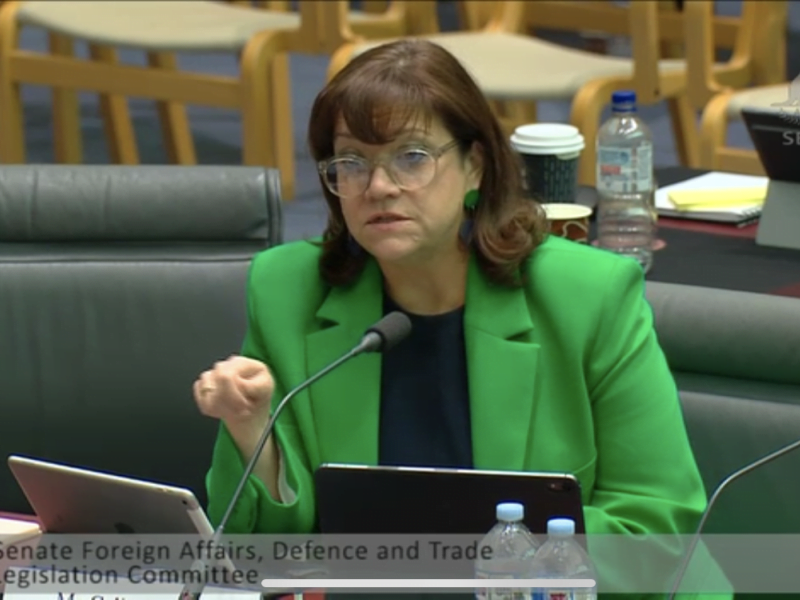The rollout of a $130 million Accenture-built security vetting system has faced “substantial challenges”, with some staff redeployed to manually process clearances to meet the growing backlog.
The ongoing issues have seen the Department of Defence establish a taskforce to remediate the system, known as myClearance, at the request of Assistant Minister for Defence Matt Thistlethwaite.
myClearance is used by the Australian Government Security Vetting Agency (AGSVA), which performs security clearances for Commonwealth departments as well as federal, state, and territory agencies.
In January, a Defence spokesperson told InnovationAus.com that “while several thousand lower-level clearances have been successfully granted through myClearance, some issues have emerged with the processing of more complex higher-level clearances”.
A now-resolved technical issue with the “increased security multifactor authentication” also prevented users from logging on at the time.

During a Senate Estimates hearing on Wednesday, Department of Defence deputy secretary, security and estate, Celia Perkins said a remediation process and taskforce had been initiated.
Two additional SES level staff and more than 50 APS staff have been assigned to “support customer service and user experience”.
Defence is working to fix data quality problems, redeploying workforce to manually process clearances, drive a whole-of-government fix to the system dependency shortfall, prioritise critical clearances, and rollout technical fixes with Accenture, of which three have already gone live.
Ms Perkins expects all technical issues with myClearance to be resolved by the end of February and will then undertake a project implementation review.
Overall, there are 43,449 vetting cases currently open, up from the 38,915 open cases as of November 1, 2022. Around 6,000 cases have been processed through myClearance, including around 1,000 this year.
Office of National Intelligence (ONI) director-general Andrew Shearer told a separate Senate Estimates hearing on Monday that ONI staff have encountered issues in trying to access the system, noting that the office uses a separate TSPA (TOP SECRET-Privileged Access) capability.
“In that minority of vetting cases where we would refer to AGSVA for information, there has been a slower response time in getting that information back from AGSVA since the myClearance system was introduced,” he said.
Mr Shearer said that this has lengthened processing times for ONI security clearances, with staff experiencing “hours of delay, or numbers of days of delay, in accessing that data”.
“There have been issues accessing the electronic portal through which myClearance is meant to transfer data—we’ve had to, for example, resort to making phone calls to access that information.”
Mr Thistlewaite blamed the former Coalition government for poor planning on the overall $307 million vetting transformation project, also known as ICT2270, which stretches back to 2016.
“Growing Australia’s national security workforce is under threat because the former government failed to manage rollout of the new security vetting system,” Mr Thistlewaite said.
“Despite seven years of planning and a $307 million price tag, the former government’s new IT security vetting system has failed.
“Insufficient oversight of this key multi-year project is yet another example of their chaotic approach in government.”
The system launched at initial operating capability on November 28, 2022, with all prior ongoing security clearance applications submitted to the Australian Government Security Vetting Agency (AGSVA) transferred to the system at that time.
Deadlines for clearances waiting on application submissions were extended “to ensure any users who are experiencing issues are not affected by prescribed timeframes”, according to a Defence spokesperson.
Accenture initially received a $114 million contract to work on the vetting transformation project from February 2021 to the end of July 2025. Following four amendments, the contract value has grown by $15.5 million.
An Australian National Audit Office report in 2018 found that “AGSVA’s security vetting services do not effectively mitigate the government’s exposure to insider threats”.
First pass approval for an end-to-end fully digital and automated system was granted in April 2018 before receiving second pass approval December 2020, in the same month a second vetting audit was released.
Do you know more? Contact James Riley via Email.

